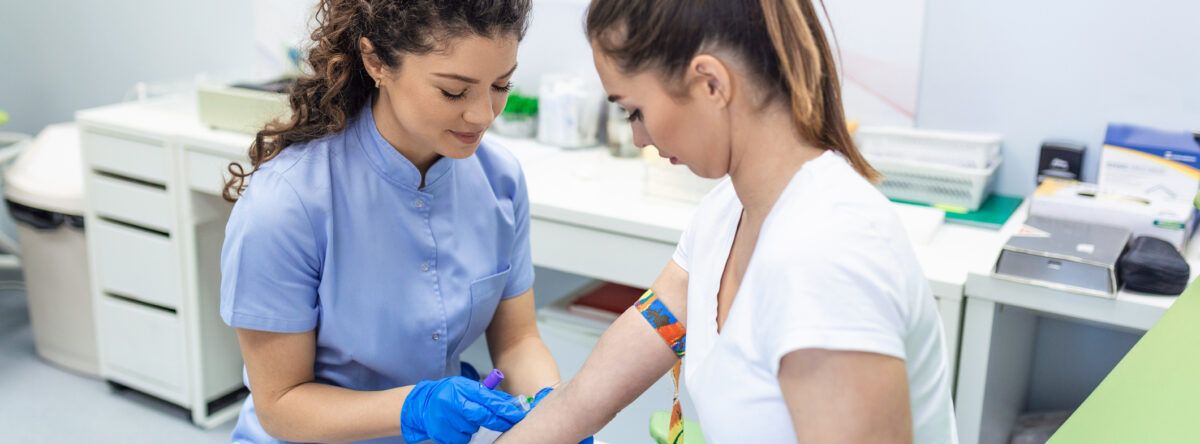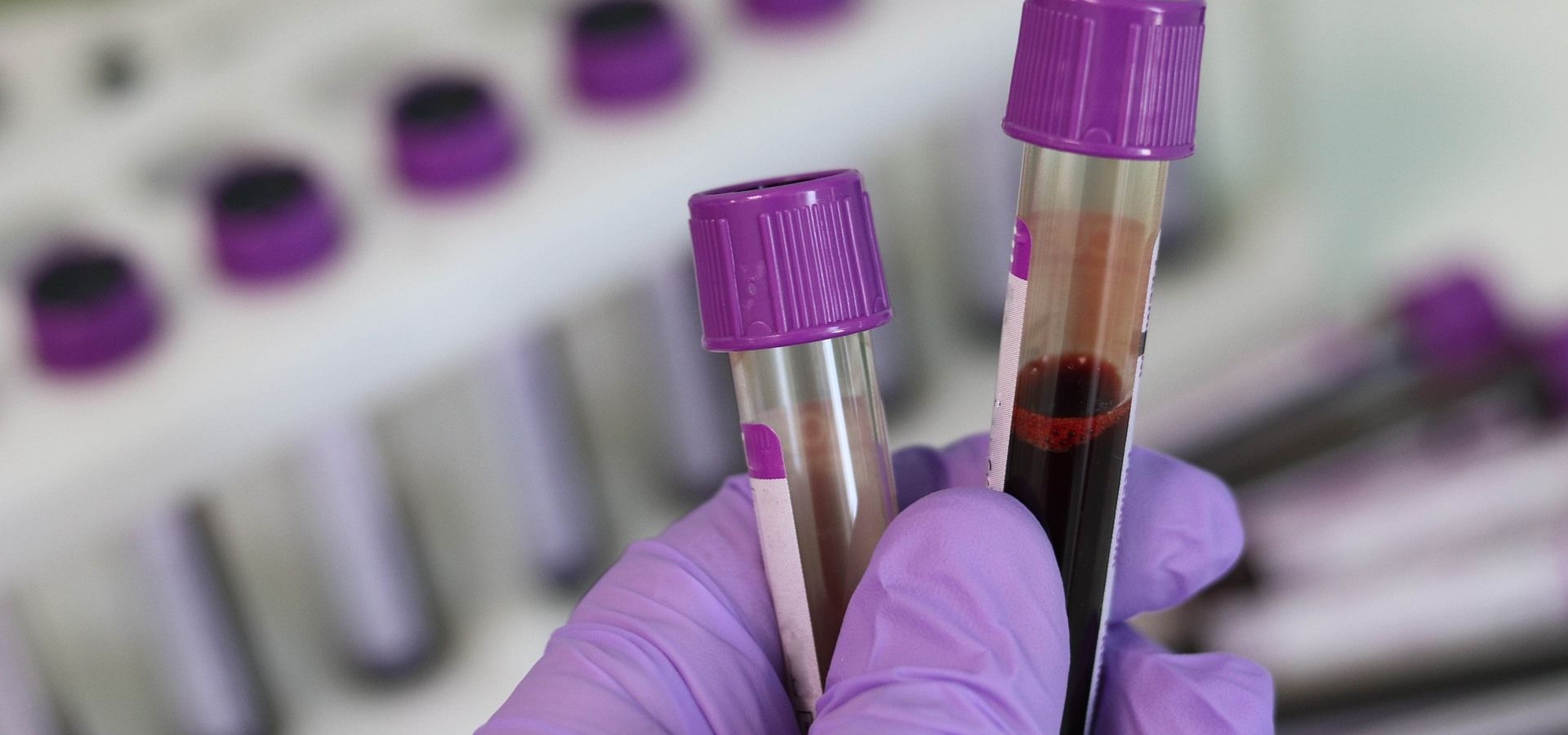BHP members join new Mission for mental health research
BHP members the University of Birmingham, Birmingham Women’s and Children’s NHS Foundation Trust and Birmingham & Solihull Mental Health NHS Foundation Trust, are part of the Government’s new Mental Health Mission – designed to develop radical new treatments for mental health conditions.
The £42.7M investment into research aims to improve the speed and accuracy of diagnosis and increase the use of new technologies, as well as novel and targeted treatment approaches for those with mental illnesses – including young people at Forward Thinking Birmingham (FTB), the city’s unique 0-25s Youth Mental Health Service.
The Mission will be delivered through the National Institute for Health and Care Research (NIHR) Mental Health Translational Research Collaboration, a UK wide network of leading investigators specialising in mental health research.
In Birmingham, £9.9 million in funding will enable the establishment of the Midlands Translational Research Centre of Excellence, co-led by the Universityof Birmingham with Birmingham Women’s and Children’s Hospitals and Birmingham & Solihull Mental Health NHS Foundation Trust, with reach across the Midlands through the five years’ funding.
Research will focus on increasing recruitment to new studies to test and validate treatments in early psychosis, depression and children and young people. We will work with people with lived experience to comprehensively understand the best way to test novel treatments. There are also plans to train and support a network of new researchers, partners, NHS staff and young people in the Midlands.
Professor Rachel Upthegrove, Professor of Psychiatry and Youth Mental Health at the University of Birmingham and Mental Health Research and Development Lead at Birmingham Women’s and Children’s NHS Foundation Trust, said: “We’re delighted that the Government is making such a significant investment in mental health research. This funding will allow us to increase and lead large-scale early intervention trials aimed at delaying or preventing the onset of severe mental illness, and its impact, with evidence-based treatments and support.
“The Centre will put research where we need it most, focusing on young, superdiverse, and deprived populations, which may be unfairly missing out on access to research.”
Teams at the Research Centre will work with individuals with lived experience to understand the best way to test treatments. There are also plans to train and support a network of new researchers, partners, NHS staff and young people in the Midlands.
Building on the priority healthcare missions launched in November 2022 as part of the Life Sciences Vision, the Mental Health Mission will promote collaboration across different sectors to bolster research and attract further investment from industry and research organisations.
Nationally, the Mental Health Mission will be chaired by Kathryn Abel and Husseini Manji. In a joint statement, they said: “We are delighted to be working together to make the new Mental Health Mission a truly revolutionary force behind mental health research. We want the Mission to create tangible differences to the lives of patients, both in the UK and internationally. Between us, we bring a wealth of experience in mental health research and innovation, and a commitment to genuine collaboration with patients, industry and healthcare staff.
“Bringing together the public sector, patients and industry as equal partners, the Mission will work with the Office for Life Sciences and the National Institute for Health and Care Research (NIHR) to support the NHS and NIHR to capitalise on its size and scope, and on the depth of its data resources. Alongside additional investment in mental health research and infrastructure, the Mission will foster a step change in the way we think about mental health, mental illness and its treatment. This will support development of the critically needed treatments across the spectrum of mental illness.
“We want the UK to be the most attractive place to conduct robust, high impact mental health research, ensuring people have access to the best, and newest, treatments. We are confident that the Mission will be unique in its ability to convene and challenge national partners to make this happen.”





